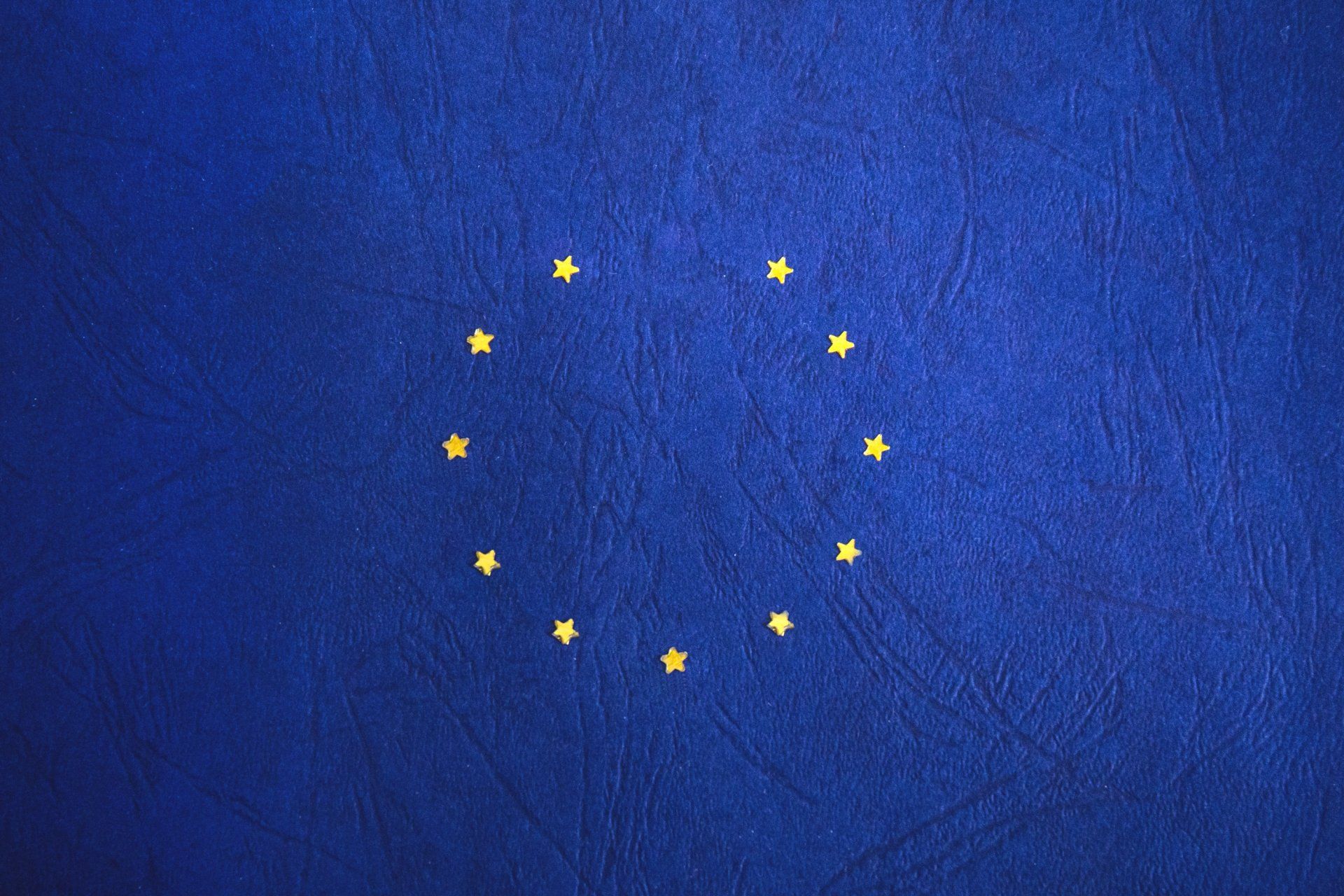Sanctions - Changes in the Face of Brexit
Once the UK exits the European Union, the Sanctions and Anti-Money Laundering Act 2018 (“SAMLA”)

On 18th February 2020, the Economic Secretary to the Treasury upheld the decision of the recently established Office of Financial Sanctions Implementation to impose monetary penalties against Standard Chartered Bank. Although the sum was reduced, Standard Chartered are still required to pay the substantial sum of £20.47m.
The penalty arises out of restrictive measures imposed on Russian institutions and individuals involved in the annexing of Crimea and subsequent threats to the territorial integrity of the Ukraine. The purpose of the restrictions had been to limit access to Capital Markets and Lending facilities.
Standard Chartered were found to have engaged with a wholly owned subsidiary of Sberbank which was subject to the restrictions. The exception to the restrictions is where the facility was financing the import or export of non-prohibited goods in the European Union.
The estimated value of the transactions which were in breach of the Sanctions was £97.4m, this demonstrates the relative severity of the penalty imposed. This is particularly notable given Standard Chartered made voluntary disclosures, which resulted in a 30% reduction. Ordinarily, the OFSI would reflect voluntary disclosure with a 50% reduction but the actions of Standard Chartered were found to be the ‘most serious’ and so only attracted 30%.
This financial penalty imposed demonstrates the importance of ensuring Sanctions Policies are up to date and pro-active monitoring takes place. The principles of the OFSI in relation to voluntary disclosure cannot be understated and are reflected in the reduction applied to financial penalties. The OFSI remains a relatively new organisation and so principles and policies are rapidly changing.
The proceedings against Standard Chartered are brought pursuant to the EU regulations, which remain in place until 11pm on 31st December 2020. Once the UK exits the European Union, the Sanctions and Anti-Money Laundering Act 2018 (“SAMLA”) will come into effect which represents yet another substantial change to the UK Sanction Regime. SAMLA gives the UK the power to autonomously implement new sanctions as well as lifting/updating existing ones.
The UK approach will continue to be ‘control’ driven in determining whether a designated person, ie those subject to transactions, is linked to a company/institution. The new regulations are drafted with a ‘thematic’ approach as well as being divided by jurisdiction, the current proposal is for the UN sanctions to form the Consolidated List. The four themes that have been identified in advance are:
- Chemical Weapons
- Counter-Terrorism
- Counter-Terrorism (International)
- Isil (Da’esh) & Al-Qaida
The UK will effectively adopt a stand-alone sanctions regime, rather than being driven by the EU. One area that is likely to develop is the UK adopting a ‘Magnitsky’ type approach to those suspected of human rights abuses and violations. This was confirmed by the Financial Times in January 2020. The US has already adopted such legislation, whereas due to the need for agreement throughout states the EU’s progress is likely to be far more limited.
The UK’s commitment to maintaining Sanctions monitoring after the exit from the European Union is typified by The Russia (Sanctions) (EU Exit) Regulations 2019. These regulations are likely to be substantially the same as the EU provisions, but with scope to change as the situation in Russia, and Ukraine, develops.
Fill in the Below to Contact Rhys and to obtain legal advice










